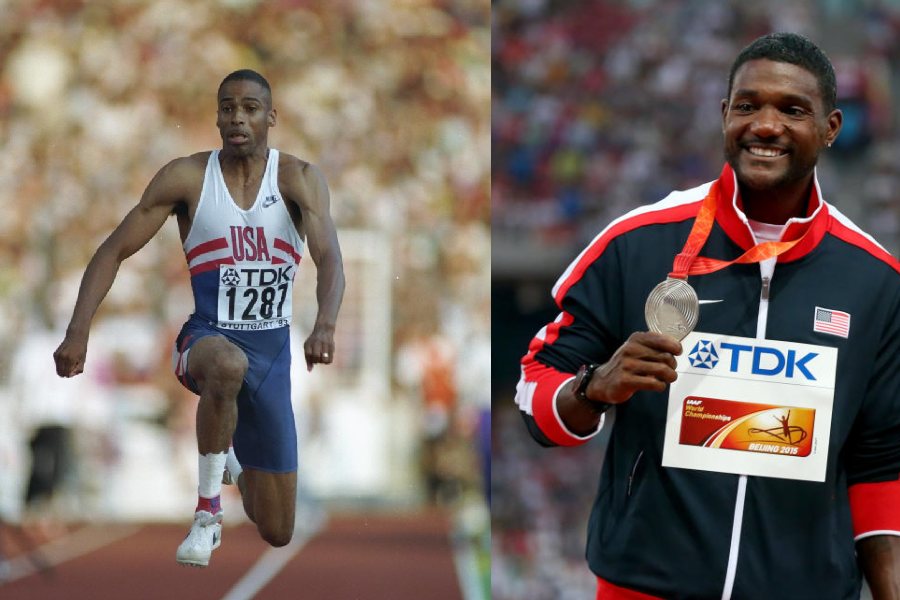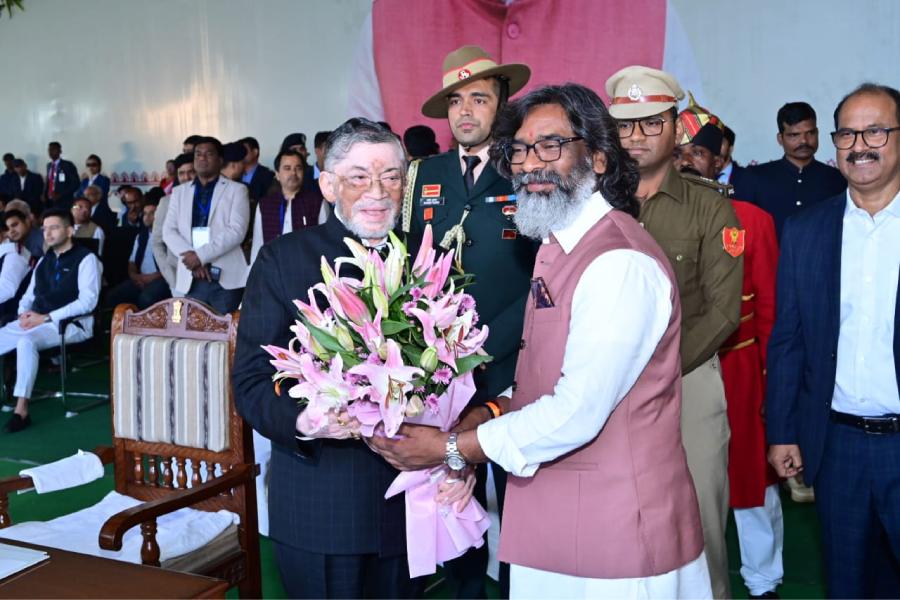Mike Conley spent most of the 1980s ranked among the top triple jumpers in the world. So, heading into the US Olympic trials in 1988, there was very little thought given to the idea he wouldn’t finish in the top three and make the trip
to Seoul.
In a sport embedded inside an Olympic world where gold medals can be won and careers can be made by the most minuscule of fractions — of seconds or inches or centimeters — what toppled Conley’s hopes had nothing to do with a measuring tape.
It was a pair of baggy shorts, the likes of which he had never worn in a track meet before, that did him in.
Conley recalls video replays that showed the breeze that was kicked up by the vented flaps on the sides of his shorts created a barely perceptible mark in the sand nearly a foot behind where he landed. Officials measured Conley’s jump from the mark the shorts made. It cost him precious centimetres and he finished fourth, one spot out of the Olympics.
“Devastating,” the now-61-year-old dad of Timberwolves guard Mike Conley Jr. called it. “I wasn’t jumping bad. I was in a good place then. I made all the right physical decisions. But I made some dumb mental mistakes.”
Conley’s story serves as one of hundreds of examples of how the most minute details can change not only the result of a single race or contest, but also can have a huge impact on the lives of athletes.
Over 17 days in Paris this summer, fractions — often gained or lost due to the smallest of details that often only the athletes and their coaches might notice — will make the difference between first, second, third — or no medal at all.
Conley’s tale had a storybook ending.
Motivated by the freak failure, to say nothing of the silver medal at the 1984 Games where he went in as the favourite, he came back in 1992 and won Olympic gold in Barcelona.
Two of the biggest races of 100m sprinter Justin Gatlin’s life were decided by .01 seconds — one one-hundredth of a second.
The American sprinter’s colourful, sometimes controversial career took off in 2004 — before Usain Bolt was a household name — thanks to a .01-second victory over Portugal’s Francis Obikwelu at the Athens Olympics.
In replays of the race, you can see Gatlin pumping his fists in perfect form, before he begins a lean forward in the final steps — his chest breaking the plane of the finish line in Lane 3 just that split second before Obikwelu crosses in Lane 5. Gatlin ran the 100 meters in 9.85 seconds.
“For me, it was a lifechanging event,” said Gatlin, now 42, who estimated that gold medal earned him multiple millions of dollars more than had he finished second.
“As you train and prepare and strategise, you have to make sure you are realising that these hundredths of a second, something that’s quicker than a snap of a finger, can really change the trajectory of your career and your legacy, as well.”











